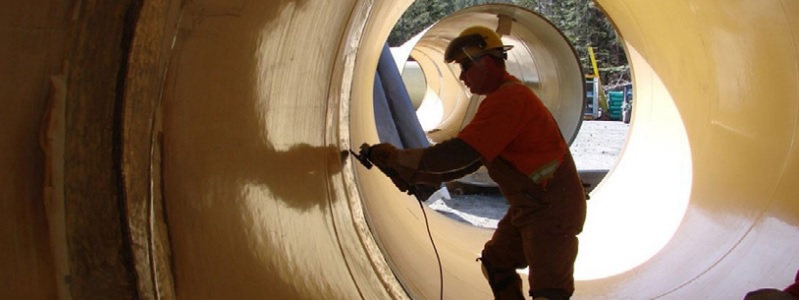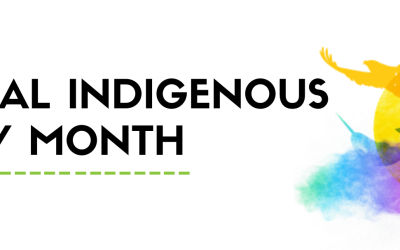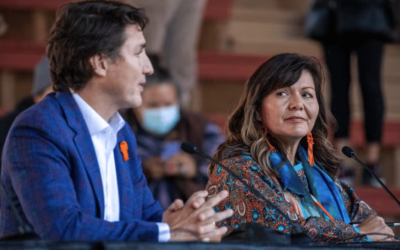Native American entrepreneurship has been growing in leaps and bounds over the last few decades. As in Canada among First Nations, tribal government has often taken the lead in building and cultivating tribe-owned businesses. At first, this tended to be in gaming, particularly casinos. Make no mistake, Native American casinos are big business. Tribal gaming is now is a $30B industry (from 2015 data), involving over 350 casinos operating on tribal lands in 28 states.
However, among tribes there is a growing realization that there are limits in gaming. There is a real problem of market saturation in certain areas. In other words, there are only so many people interested in gambling in a specific area. Thus, to their credit, many tribes are expanding and diversifying their economic development ventures beyond gambling (and tobacco) and into energy and resource development, as well as other areas. Some Native American tribes are capitalizing on government minority preferences to engage in government contracting. Some geographically isolated Native American tribes are looking online where some are doing very well in online financial services. Other—usually younger—Native American entrepreneurs are finding opportunities in other digital businesses. Native American and First Nations have one advantage in living together as a community—people are looking out for each other and the good of the tribe, so often revenues from Indigenous owned ventures funnel into the cost of government or other public services, or gets re-invested in other enterprises to keep the virtuous cycle of money flowing.
View the entire PDF here: FC-PS217_IndigeneousEntrep_SP2018_F2



